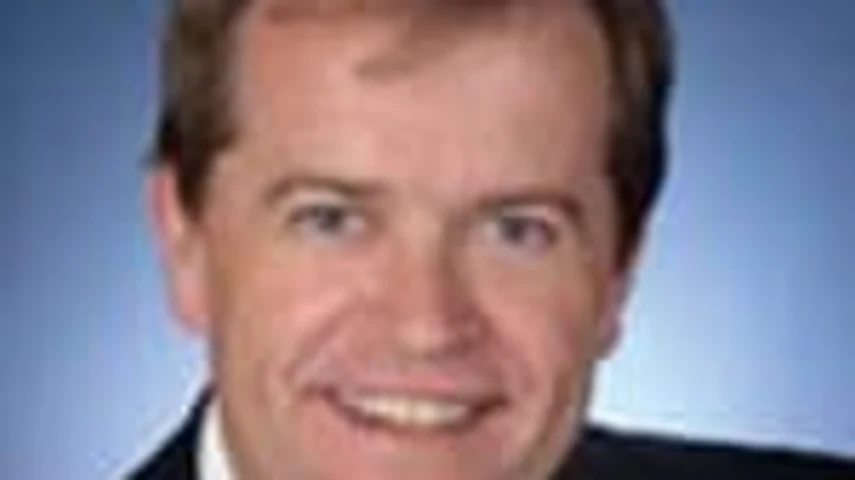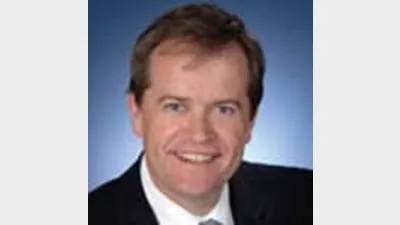Bill Shorten adds fuel to the fire



Bill Shorten, has fuelled criticisms of the Government by members of the financial services sector by appearing to predetermine the findings of the Productivity Commission.
The Australian Labor Party is the political wing of the trade union movement. But over the years, the party, founded upon the shearers' strikes of the 1890s, had appeared to shed the appearance of its industrial links as it moved through the 1980s and 1990s to capture the political middle ground.
While the trade unions may still have controlled the numbers at ALP national conferences, the Parliamentary party presented a different look and feel, even appearing to be prepared to challenge its core constituency by moving some way towards deregulating the labour market in the latter years of the Hawke/Keating Governments.
However all that appeared to change when Julia Gillard assumed the Prime Ministership.
There are many in the financial services industry who have made it clear, both publicly and privately, that their concerns about the Government's Future of Financial Advice changes and Stronger Super initiatives are not so much about factors such as a ‘best interests’ duty but, rather, the way in which other elements have seemed to entrench the advantages perceived to be enjoyed by industry superannuation funds.
Something which generated particular angst among the Government's critics was its seeming reluctance to refer the question of default funds under modern awards to the Productivity Commission.
Those critics are now even angrier in the wake of the Minister for Financial Services, Bill Shorten, appearing to predetermine the findings of the Productivity Commission.
Shorten, last month, saw fit to indicate that a submission compiled by two of the departments for which he has direct responsibility – the Treasury and Department of Education, Employment and Workplace Relations (DEEWR) – represented the Government's position on default funds under modern awards.
The contents of that submission coincided substantially with the emphasis of submissions from the industry funds sector – not least the Industry Super Network (ISN) and the Australian Institute of Superannuation Trustees (AIST) – particularly with respect to maintaining the role of the industrial judiciary, Fair Work Australia.
The Productivity Commission is due to hand down its final findings with respect to default funds under modern awards in October, and the minister has signaled the Government will be examining those recommendations.
However, it will be under no obligation to accept those recommendations.
There was, of course, no need for Shorten to issue a statement validating the contents of the submission lodged by Treasury and DEEWR.
Indeed, many Parliamentary traditionalists would suggest that he acted unwisely in doing so and should, more properly, have awaited the Productivity Commission's final report.
Indeed, it has been widely understood that the Government was always going to be in a position to cherry pick the findings of the Productivity Commission – something which makes the Minister's decision to make a statement almost two months before the final report all the more note-worthy.
Little wonder, then, that the Government's critics are nodding sagely and claiming their case is proved.
Recommended for you
In this episode of Relative Return Insider, host Keith Ford and AMP deputy chief economist Diana Mousina break down the spike in inflation numbers and what it means for the possibility of a rate cut as we move into the new year.
In this episode of Relative Return Insider, host Keith Ford and AMP economist My Bui explore Prime Minister Anthony Albanese’s trip to the US and the critical minerals deal stemming from his meeting with President Donald Trump.
In this episode of Relative Return Insider, host Keith Ford and AMP chief economist Shane Oliver unpack the latest unemployment numbers and what they mean for a rate cut, as well as how the latest flare-up in the ongoing US–China trade dispute has highlighted the remaining disparity between gold and bitcoin.
In this episode of Relative Return Insider, host Keith Ford and AMP chief economist Shane Oliver take a look at the unfolding impacts and potential economic ramifications of the US government shutdown and the surge in gold and bitcoin prices.







